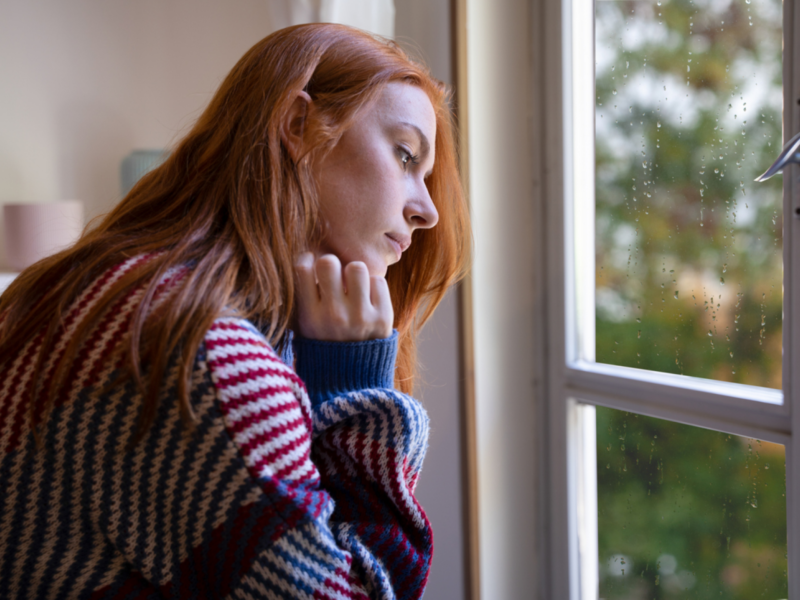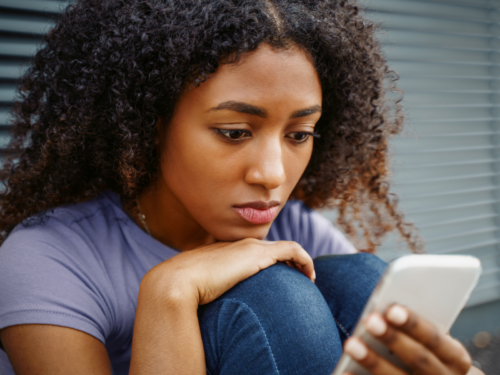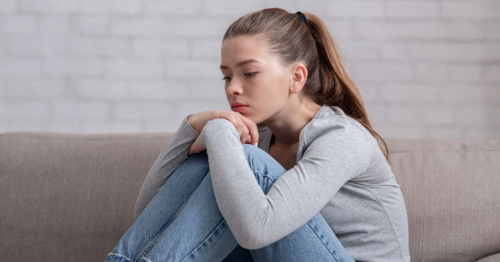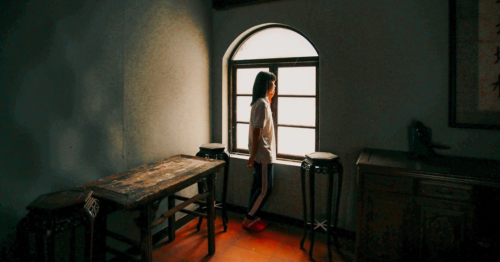
Table of Contents
7 Therapist-Approved Tips for Seasonal Depression
Written By: Charlie Health Editorial Team

Clinically Reviewed By: Dr. Don Gasparini
November 15, 2023
3 min.
If you feel slower, sleepier, and struggle more with mental health challenges in the winter, these tips are for you.
Learn more about our Clinical Review Process
Table of Contents
As the days get colder and darker, many people feel slower, sleepier, and struggle more with mental health challenges. This is especially true if you’re one of the tens of thousands of people in the United States who deal with winter seasonal affective disorder (SAD), also called seasonal depression. Unlike the “winter blues,” which often pass quickly, SAD is a diagnosable depressive disorder that significantly impacts day-to-day well-being and may require treatment. In addition to getting necessary professional mental healthcare, there are things you can do to cope with SAD symptoms at home. To make this winter a bit easier, we polled several Charlie Health therapists for their best tips for dealing with seasonal depression.

Could you use some extra support this winter?
Charlie Health offers personalized mental healthcare from the comfort of your home.
Stick to a routine
When it’s cold and dark out, it may feel tempting to stay inside or cancel plans altogether, but sticking to a routine can stave off feelings of sadness or loneliness you may feel after the fact. Clinical Supervisor Tracye Freeman Valentine points out that incorporating exercise and balanced eating into your routine, like a daily walk and consistent meals, can help manage stress levels in all seasons.
Practice mindfulness
Mindfulness practices have been shown to reduce symptoms of depression, according to some studies, making them a promising option for dealing with SAD symptoms, too. You could spend a few minutes a day on a mindfulness app or, as Contemplative Practitioner Joanna Garvin recommends, ground yourself by standing outside with bare feet.
Keep your space well-lit
Opening curtains and turning on lights can increase your exposure to the less-than-usual amount of sunlight during the winter months, Freeman Valentine points out. For those feeling particularly affected by the lack of light, consider purchasing a light therapy lamp (sometimes called a “SAD lamp” or “happy lamp.”) A light therapy lamp is a common, evidence-based treatment for SAD designed to mimic sunlight and cause your body to release much-needed serotonin during darker and colder months.

Be creative
Whether it’s drawing, painting, or crafting, being creative can serve as an outlet for self-expression and offer a small mood boost (or, at the very least, distract you from feeling down). One craft Garvin recommends is painting rocks and leaving them as surprises for others in places like the library or a public park—this may make you feel better and bring someone else unexpected joy, too.
Connect with loved ones
Make dinner plans with a friend, grab coffee with a coworker, or exchange check-in texts with a family member. For loved ones who are far away (which can be a source of sadness, especially during the winter holiday season), Garvin suggests making a remote plan, like scheduling a virtual dinner date.
Make fun plans
A tip that Group Therapist Amy Gillaspie follows herself: “Intentionally making new enjoyable memories, associations, and traditions with this time of year has helped me with my own difficulties with SAD,” she says. “ Looking forward to the traditions my friends and I have created and will create really helps.”
Ask for help
While these practices may help alleviate SAD, they aren’t a replacement for professional help. Ultimately, one of the best ways to combat the condition is reaching out to a mental health professional, especially one who is familiar with SAD or depression, says Freeman Valentine.
Support for seasonal depression at Charlie Health
If you or a loved one are struggling with seasonal depression, Charlie Health is here to help. Our virtual Intensive Outpatient Program (IOP) combines peer groups, individual therapy, and family therapy for teens and young adults who need more than once-weekly mental health treatment—including those struggling with seasonal depression and other forms of depression. Charlie Health’s compassionate mental health professionals are here to listen to your story, understand your needs, and match you with an appropriate treatment plan. Fill out our short form to get started today.




